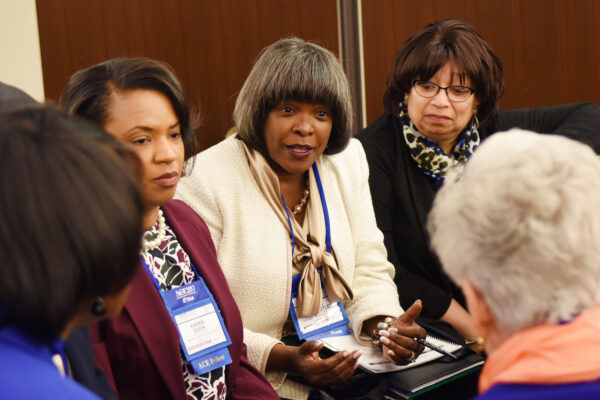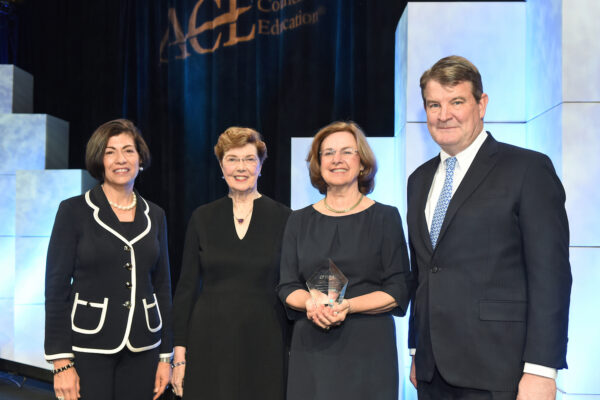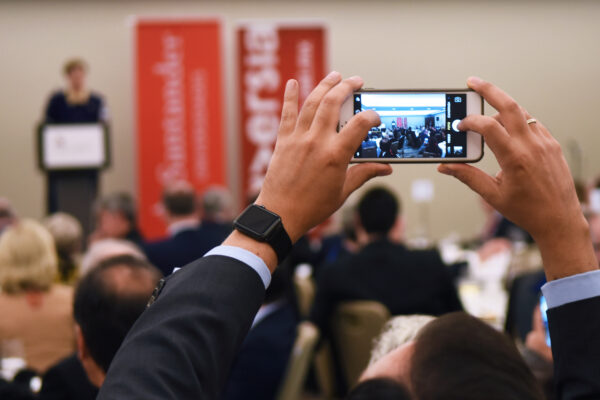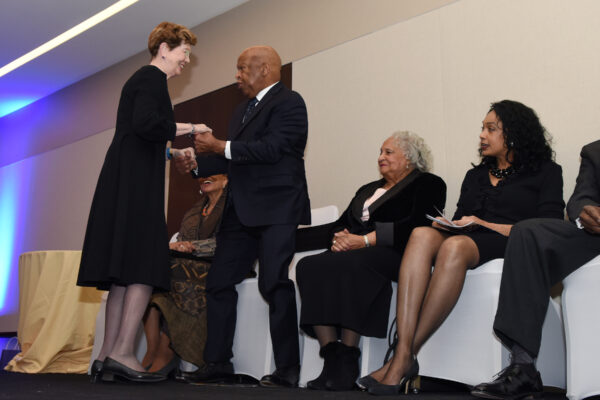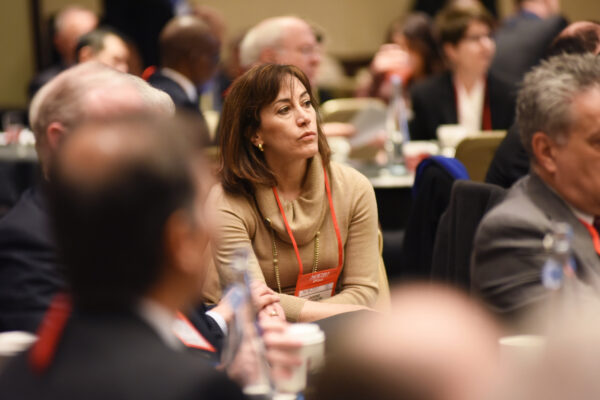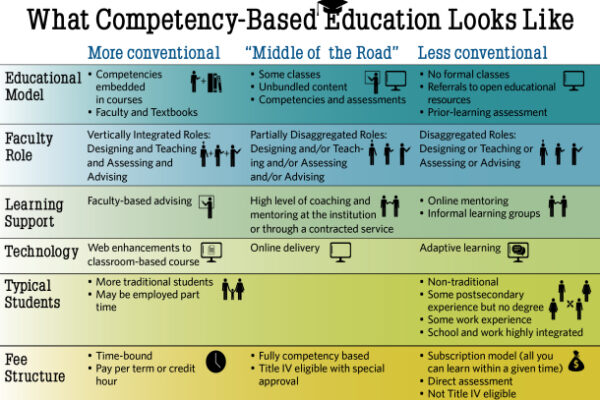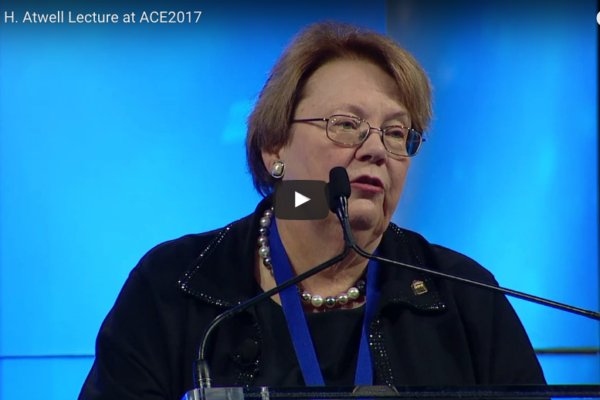All Posts

ACE2017: Leadership in a Changing World
ACE2017, the Council’s 99th Annual Meeting, wrapped up on Tuesday, March 14 in Washington, DC. Along with leadership in a changing world, the meeting also addressed issues related to higher education leadership, equity and social justice, and innovation, and ACE staff have posted blogs covering a selection of these sessions and events. Also included is a selection of videos from ACE2017 plenary sessions.
